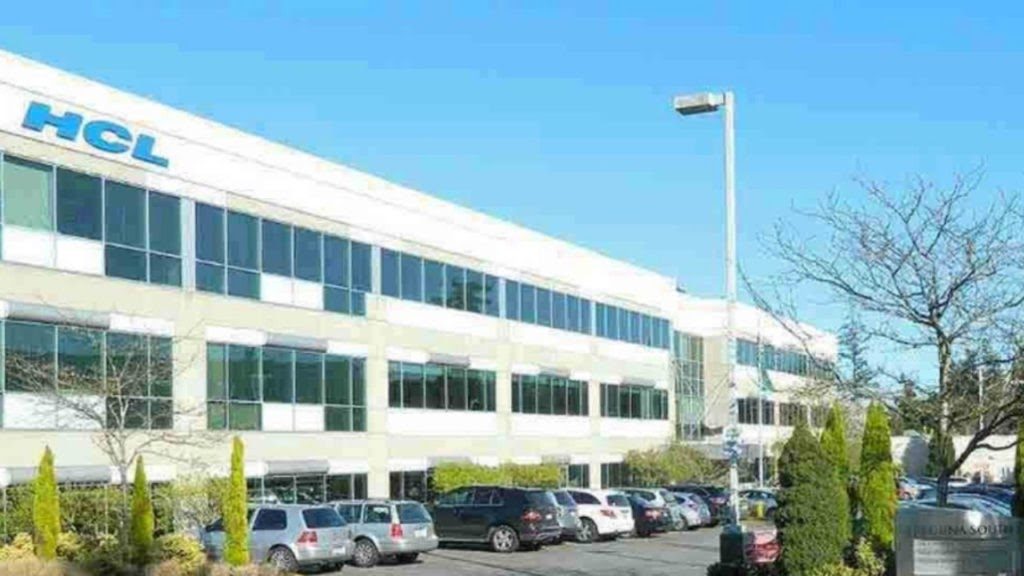By the end of the current fiscal, Indian IT major, HCL Technologies, hopes to have almost 70% of its staff walking into physical workspaces, said CEO C Vijayakumar.

Return To Office Speeding Up
He said that the IT services company will continue to have a hybrid model that is optimized and tuned in to needs.
Presently, HCLTech is seeing a gradual increase in the number of people coming to offices, he added.
At the beginning of the pandemic, the flexi work options were put in place by the IT industry.
Now, everything has returned to normalcy. So, many tech companies are scaling up efforts to get staff back in offices, at least for a set number of days in a week.
The past months have indeed seen workers trickle back in, and the office cubicles starting to get occupied more regularly.
Vijayakumar said, “We have a hybrid-first virtual operating model and it is based on need. We expect people to come to offices three days a week, and we’ve had modest success.”
“We have, at least, half of our people coming to work three days a week, and that number continues to increase,” Vijayakumar said.
Adding, the approach is going to be ‘need-based’.
Gradual And Need Based Approach
According to Vijayakumar, “I think it’s going to be need-based… a number of projects now expect our employees to be in the offices at least for some time in a week. So it’s going to depend on the need, maybe we’ll get to 70-75% by the end of this year, not more than that.”
The entire process will be “gradual”, considering the ground realities.
He said, “… Because people have relocated to smaller towns, they’re coming back… all of that plays into this.”
When asked whether employees tend to be unwilling to let go of flexibility they got during the pandemic and if employers are facing resistance in getting staff to return to office floors, Vijayakumar described it as a “mixed bag”.
He said, “There are people who are very keen to come back to work in offices and there are people who don’t want to do it.”
Further explained that several factors like personal situation, individual preference and comfort zone come into play.
HCLTech’s top boss said, “I wouldn’t say it is based on a generational kind of gap or anything like that. I think you have people on both sides in different generations of our employees. So, I think it is more their personal situation, personal preference and their own comfort zone, which defines it.”











